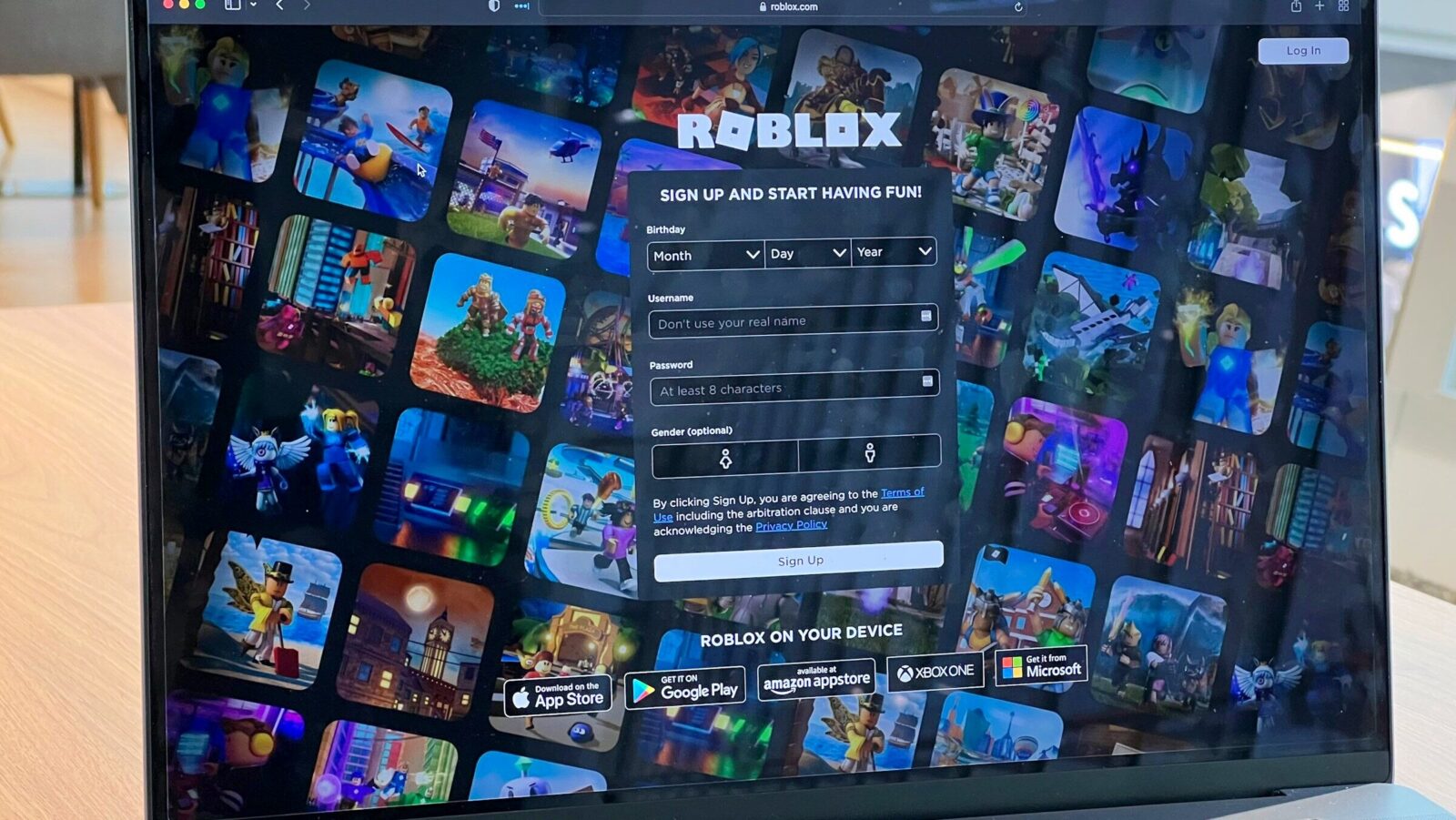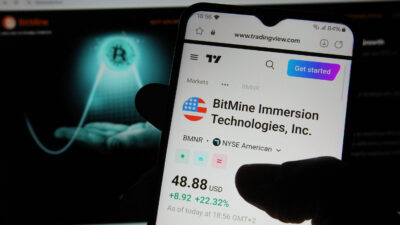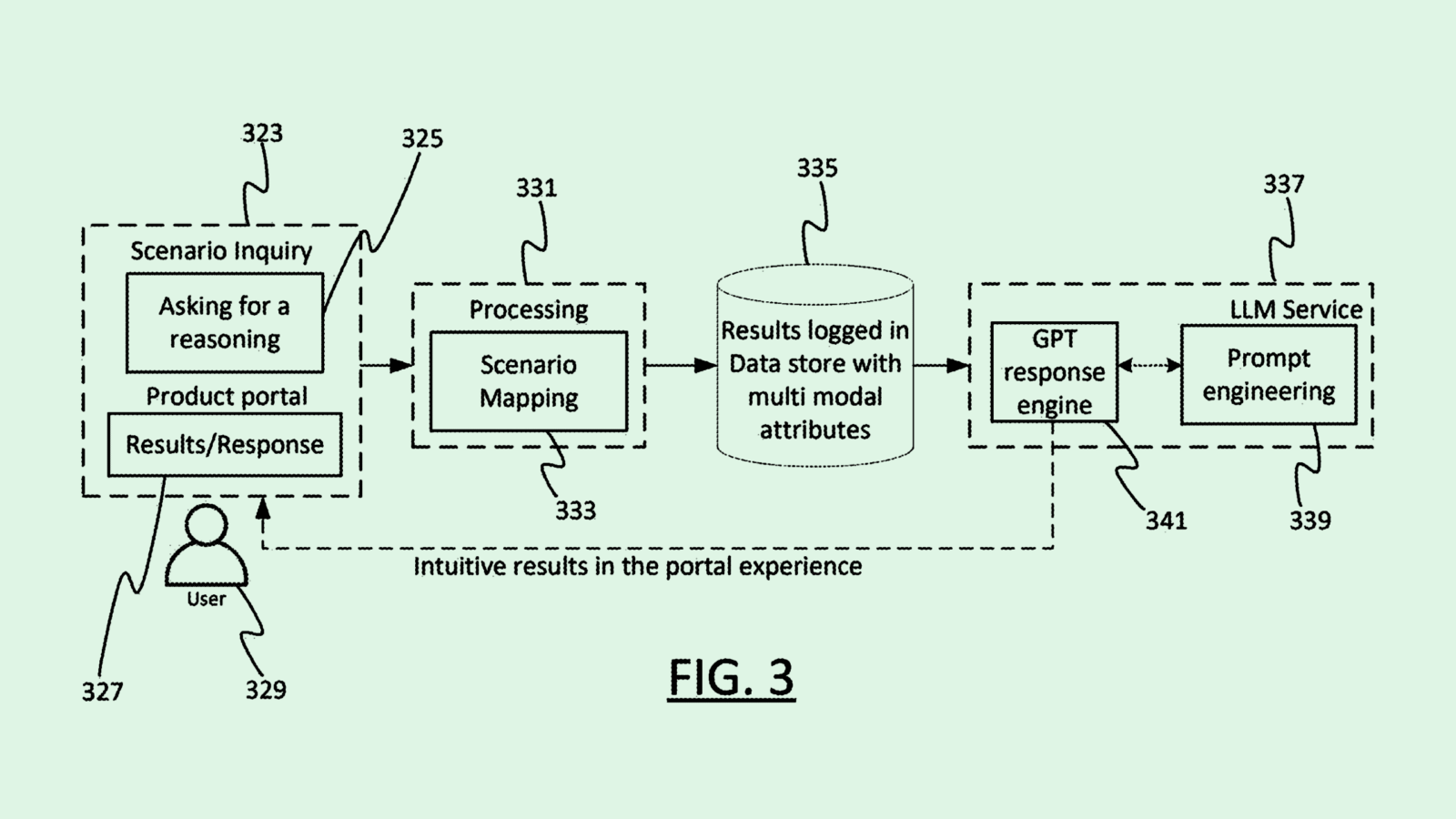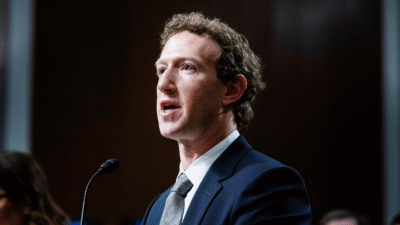Sign up for smart news, insights, and analysis on the biggest financial stories of the day.
After years of laggard startup growth, la fatigué has set in.
The European Union is pouring €3 billion ($3.7 billion) into early stage companies to try and catch up with America and Asia’s world leading innovation economies.
In doing so, the EU hopes to reverse a trend of watching its economic rivals build leading international firms as European rivals have stalled or gone kaputt.
Un Début With Heart
With less money to go around, Europe’s venture capital scene is notoriously risk-averse.
That’s why the EU funds will focus on so-called “deep tech” companies working to make science and engineering breakthroughs in fields like healthcare and advanced manufacturing.
The first company to sign a deal, announced Wednesday, is France-based CorWave, a startup developing an implantable heart pump that could give patients with heart failure years of extra life.
It’s one of 42 firms that got €178 million in total funding as part of the program’s first round. Other recipients include Hiber, a Dutch satellite company providing affordable Internet of Things connectivity, and XSUN, a French solar aircraft company building autonomous drones.
Blunting the Risk for Shy Investors
The EU says that by putting its money on the line, it will help “de-risk” startups for investors, giving them the financial equivalent of a little Dutch courage.
In the case of Corwave, a €15 million investment from the EU led to a €35 million total round when additional investors joined in.
The EU will also limit its stakes — held by the European Innovation Council Fund — to 10 to 25 per cent for up to €15 million, leaving equity for VCs and others to join.
UK-based companies, much to the chagrin of the country’s startup scene, will not be eligible for funds. That was revealed in the fine text of the EU-UK trade deal agreed to over the Christmas holidays. British companies will get limited access to some other startup programs — though their government will no longer have any say in how they’re administered, which probably feels a bit rubbish.











